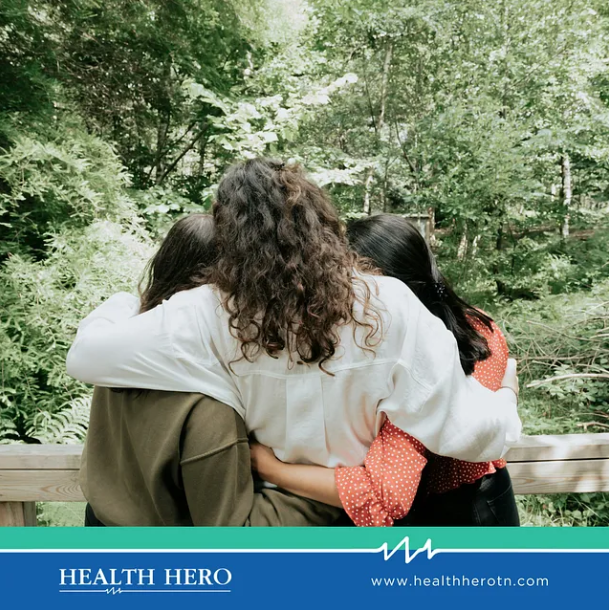Recent flooding from Hurricane Helena has devastated Tennessee communities, and as recovery begins, many face significant challenges beyond just displaced families, damaged property, and disrupted services. One danger many people may not consider in these types of disasters is the increased risk of infectious diseases. Floodwaters cause physical damage and carry harmful bacteria, chemicals, and waste that threaten public health. It might seem unexpected, but getting vaccinated after a flood is important to protect yourself and others from worsening situations.
How Bad Can Floodwater Be?
The water doesn’t look nice, and there’s a reason. Floods create the perfect environment for certain diseases to thrive. These waters often contain bacteria, viruses, and chemicals mixed with damaged sewage systems and exposed debris from buildings and farms. This can spread infections like E. coli, hepatitis A, and leptospirosis, while stagnant water creates breeding grounds for mosquitoes carrying diseases such as West Nile virus. Exposure to floodwater can also lead to skin infections from minor injuries, and once the water recedes, mold growth in water-damaged buildings poses respiratory risks. In these conditions, even small cuts or scrapes can become dangerous if they come into contact with bacteria from floodwaters.
While some of these infections can’t be prevented with a vaccine, there are two that can:
Tetanus
Tetanus is a serious infection caused by bacteria commonly found in soil, dust, and animal waste. During floods, people may come into contact with many bacteria absorbed in the flood water and become infected through sharp debris or contaminated water. If the bacteria enter the body through a wound, it can cause severe muscle stiffness and spasms, which can be life-threatening if not treated immediately.
Tetanus can easily be prevented with a vaccine. The Centers for Disease Control and Prevention recommends that anyone exposed to floodwaters or debris check whether they’ve received a tetanus booster shot within the last ten years. If not, getting this booster can help protect yourself during cleanup efforts.
Hepatitis A
Another risk during flood recovery is hepatitis A, a virus that affects the liver. It can spread through contaminated food or water, which are common concerns after a flood, especially if local sewage systems have been destroyed. In areas where floodwaters have mixed with sewage, there’s an increased risk of the virus spreading through drinking water or poorly sanitized conditions.
Vaccination for hepatitis A is especially important for people living in or near affected areas, as well as for emergency workers and volunteers helping with recovery efforts.
Cleaning Up After Floodwater
To those who are volunteering their time or have been directly impacted by the floods, there are ways to minimize the risk to your health:
● Wash exposed areas: Use soap and clean water immediately. If you don’t have access to soap or water, use alcohol-based wipes or sanitizer.
● Care for wounds: Clean wounds thoroughly and seek medical attention, especially if the wound is deep.
● Wash contaminated clothes: Any clothing that comes into contact with flood or sewage water should be washed with hot water and detergent before wearing it again.
● Wear protective gear: If you are entering floodwater, always wear rubber boots, rubber gloves, and goggles to protect yourself from contaminants.
Protecting Public Health During Recovery
In the aftermath of a natural disaster, public health resources are usually stretched. Additional strain can make the system worse if more individuals start showing up with preventable diseases. This is why health officials stress the importance of prioritizing vaccines. By getting immunized, you can help reduce the risk of a secondary public health crisis and ensure a faster, safer recovery for everyone.
As recovery efforts in Tennessee continue, it’s essential not to overlook the importance of vaccinations. Floodwaters may recede, but the health risks will linger for months. By staying informed and up-to-date with recommended vaccines, you can protect yourself and help prevent the spread of diseases in the aftermath of this natural disaster.
Sources


